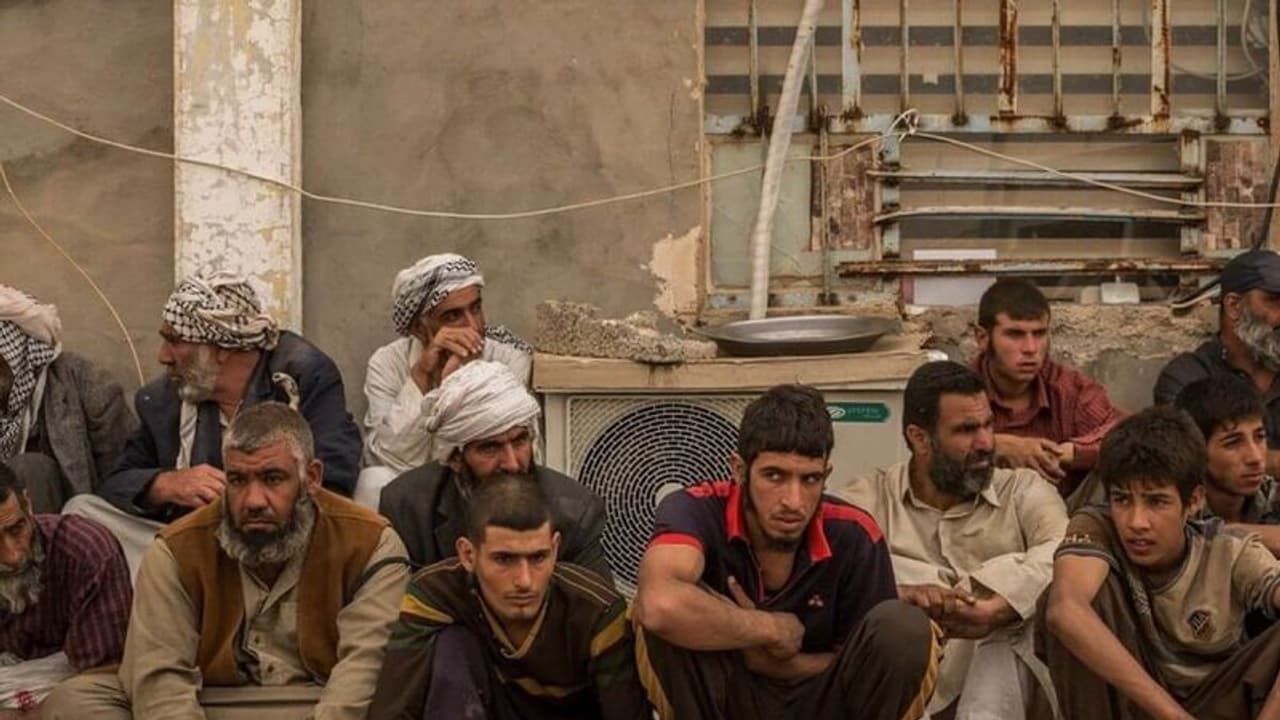According to multiple sources, over 100 Indian nationals of different hues have been brought back to the country since 2014, thanks to the excellent intelligence and law enforcement cooperation between New Delhi and other world capitals.
The extradition of Christian Michel James, the main accused in the Rs 3,600 crore AgustaWestland helicopter bribery scandal, has brought into focus the improvement in India-UAE relations, especially with regard to Abu Dhabi handing over wanted criminals sought by New Delhi. But it isn’t just the UAE alone. Over the past four years, New Delhi has managed to persuade many other countries to hand over or quietly deport several wanted criminals, radicalised youth, militant leaders and even half a dozen Dawood Ibrahim gang (D-gang) members absconding from as far back as the mid-1990s.
According to multiple sources, over 100 Indian nationals of different hues have been brought back to the country since 2014, thanks to the excellent intelligence and law enforcement cooperation between New Delhi and other world capitals. These countries include Thailand, Nepal, UAE, Saudi Arabia, Singapore, Myanmar, Bangladesh, Turkey, Oman, Qatar, Afghanistan and France, among others. Since 2014, the UAE alone is reported to have traced at least 30-35 radicalised youth who wanted to or had joined ISIS. Most of them were either born or raised in Gulf countries where they had gone in search of employment.
Intelligence sources say while the freshly radicalised ISIS members of Indian origin were relatively easy to trace in the Gulf countries, the bigger success was in nabbing “high value” members of the Indian Mujahideen (IM) group. The case of Abdul Waheed Sidibappa is particularly illustrative of India’s improved standing in the Gulf. Sidibappa who had become a key linkman for the IM leadership for facilitating their hawala transactions, was arrested by the Dubai police in March 2014 but despite 61 days of detention, the Dubai authorities could not be convinced by Indian agencies to hand him over. He walked free until Indian intelligence agencies once again tracked him down and convinced the UAE government in May 2016 to hand him over. According to standard practice, he was deported from Dubai and was arrested at Delhi’s Indira Gandhi International (IGI) Airport. He is currently facing trial.
India has also had a better success rate in getting members of the older Sikh militant groups such as the Babbar Khalsa International (BKI) and the Khalistan Liberation Front (KLF) from countries such as Thailand and Nepal. For instance, KLF Chief Harminder Singh Mintoo was arrested at Delhi’s IGI Airport by the Punjab Police in November 2014 after he was deported from Thailand. Reports at that time said that Mintoo was using Thailand as his base to mobilise funds for the banned organisation. Using a fake Malaysian passport and identity card, Mintoo travelled extensively across Europe and South East Asia in order to develop contacts. He is also believed to have frequently made trips to Pakistan, where he was reported to have acquired funds to support the cause.
After his arrest, Mintoo escaped from Nabha jail in Punjab in November 2016 where he was being kept before he was recaptured. He died in April this year following a cardiac arrest in a jail in Patiala.
It was a similar case with the D-gang members. Living under assumed identities in different countries in the Gulf they were not easy to detect, but constant prodding by Indian intelligence agencies and the willingness of several of their counterparts in the UAE, Saudi Arabia and Qatar to act on various leads resulted in many of them being handed over to Indian authorities in the past four years.
Take the example of Yasin Manzoor Mohammed Farooq alias Farooq Takla. A key member of the D-gang and an accused in the 1993 Mumbai serial blasts, he had escaped to Dubai in the immediate aftermath of the blasts and lived there under the assumed identity of Mushtaq Mohammed Miyan. Subsequently, Farooq travelled to Pakistan several times and had helped other members of the D-Gang with logistics and money. He had obtained an Indian passport using a false identity in Dubai in 2011. In 2017, Indian intelligence tracked down Farooq and managed to get him back to India in March earlier this year, thanks to the cooperative Dubai police. He is now under trial in a Mumbai TADA court.
Other high profile cases include the one of Amit Bhardwaj who is believed to be the mastermind of the Rs 2,000 crore Bitcoin scam. Bhardwaj who was nabbed in Thailand in April earlier this year, has now been brought back to India. He is currently facing trial in Pune.
Improved intelligence coordination and willingness of different governments to go beyond token cooperation with New Delhi has allowed India to secure the arrests of some of the most wanted fugitives, absconding–in some cases–for over 25 years and not just high profile individuals like Michel, information available with India’s security agencies suggest.

From left to right: Suspected Indian Mujahideen operative Abdul Waheed Sidibappa is accused of facilitating hawala transactions; the late Khalistan Liberation Front chief Harminder Singh Mintoo was said to have raised funds for the banned organisation; Amit Bhardwaj is charged with having masterminded the Rs 2,000cr Bitcoin scam
This article had appeared first on Strategic News International.
